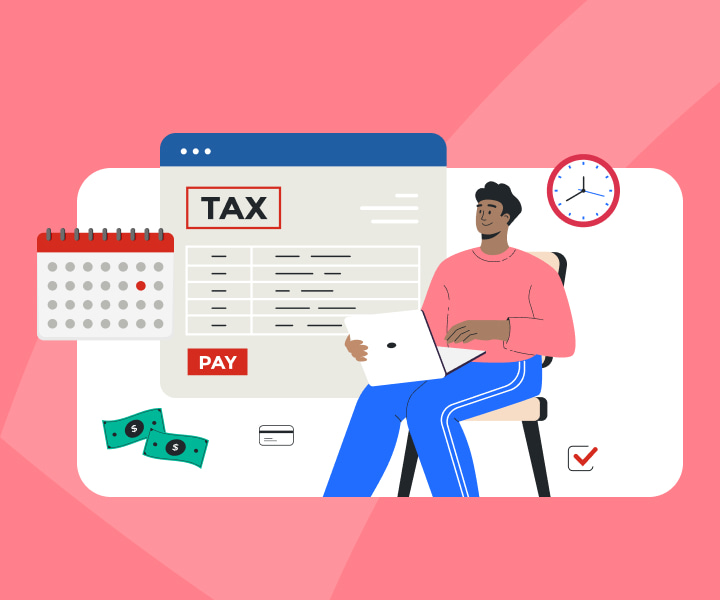How to Report Tax Fraud in Canada
TurboTax Canada
September 23, 2020 | 1 Min Read
Updated for tax year 2025

You can report a lead on suspected tax or benefit cheating in Canada through the CRA Leads Program. Leads can be submitted online, by phone or fax, or mailed to the address found here.
As well, each year the CRA loses tax revenue due to illegal international tax shelters. The CRA encourages anyone, no matter where they are in the world, to come forward if they have information about major international tax non-compliance. The CRA Offshore Tax Informant Program (OTIP) allows for financial rewards to be made to individuals who provide information related to major international tax evasion and aggressive tax avoidance that leads to the collection of taxes owing.
Defining Tax Fraud
“Tax fraud is any purposeful failure to declare income you have received in the course of a year, in order to evade taxes or qualify for government-funded social benefits and systems,” notes Wes Beharrell, Certified Financial Planner with Investors Group Financial Services in London, Ontario.
“This can come through record-free cash transactions, undeclared income, unclaimed tips and gratuities, or simply claiming tax credits or expenses to which one is not entitled,” says Beharrell. The CRA does not prosecute people who forgot to report a tax slip or deducted an ineligible expense — these are caught in the Tax Review program.
Reporting tax fraud helps keep Canada’s tax burden distributed evenly and fairly among taxpayers.
Providing Tax Fraud Information
Ways you can report tax fraud:
- Complete and send a lead online.
- By telephone – 1-866-809-6841, or fax – 1-888-724-4829
- By mail to the National Leads Centre in Scarborough, ON.
With the exception of the international program, all other tips and information can be offered anonymously.
Confidentiality
- Even if you do not make anonymous tips, the CRA is obligated to keep your identity private.
- Since any action taken by the CRA against fraudulent taxpayers is also confidential, the CRA will not inform you of any investigation, assessment or other action made as a result of your information.
The Voluntary Disclosures Program
The CRA allows for the voluntary declaration of unpaid taxes, inaccurate information, and even unfiled returns through the Voluntary Disclosures Program (VDP). The VDP allows a taxpayer to proactively correct his taxes, potentially avoiding penalties or prosecution. Use Form RC199, the Taxpayer Agreement — Voluntary Disclosures Program, to make a declaration.
- You must take action before the CRA does, to qualify for any relieving provisions under such a disclosure.
- The declaration must be complete and not attempt to hide additional irregularities.
- The VDP is only used in cases where new information prevents a tax penalty.
For example, if you miss reporting a T slip, voluntary disclosure is unnecessary, as this would only lead to a reassessment rather than punitive action.
References & Resources
Related articles

© 1997-2024 Intuit, Inc. All rights reserved. Intuit, QuickBooks, QB, TurboTax, Profile, and Mint are registered trademarks of Intuit Inc. Terms and conditions, features, support, pricing, and service options subject to change without notice.
Copyright © Intuit Canada ULC, 2024. All rights reserved.
The views expressed on this site are intended to provide generalized financial information designed to educate a broad segment of the public; it does not give personalized tax, investment, legal, or other business and professional advice. Before taking any action, you should always seek the assistance of a professional who knows your particular situation for advice on taxes, your investments, the law, or any other business and professional matters that affect you and/or your business.









